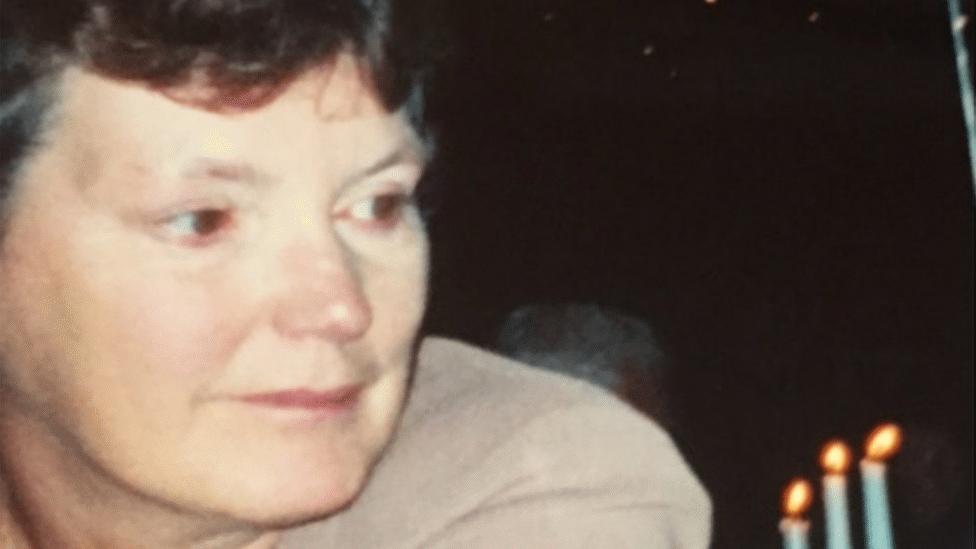Hysteroscopy without anaesthetic like being flayed alive - patient
- Published
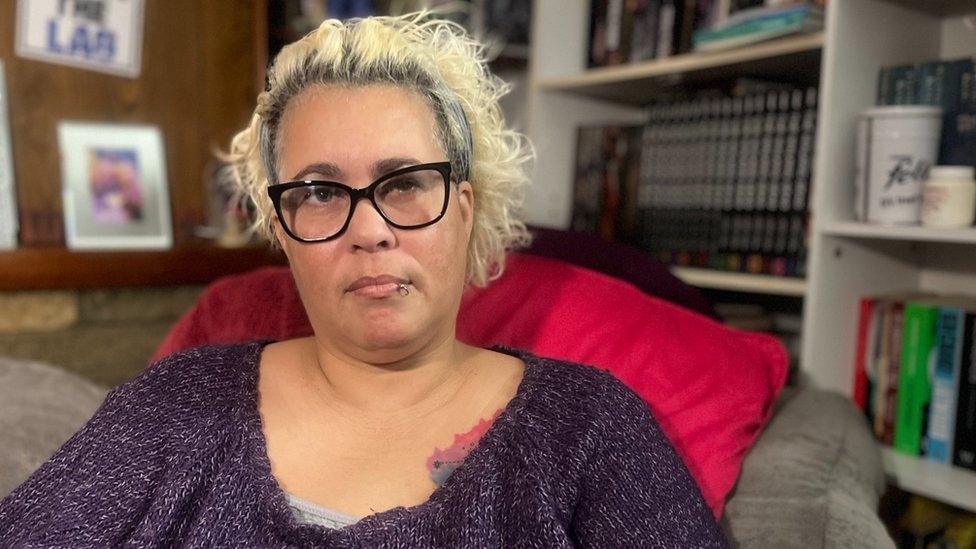
Dee Dickens: "It was like having my insides scraped out and blown up all at the same time"
Undergoing a medical procedure without an anaesthetic felt like being "flayed alive", according to Dee Dickens.
The 53-year-old is one of many in the UK who have reported having a hysteroscopy, external, which is used to examine the uterus, without enough pain relief.
Clinical guidelines say patients must be given anaesthetic options before the gynaecological exam.
Cwm Taf Morgannwg health board said it was concerned by the experiences of Ms Dickens and urged her to get in touch.
Ms Dickens, from Pontypridd, Rhondda Cynon Taf, had a hysteroscopy as an outpatient at the Royal Glamorgan Hospital in Llantrisant after experiencing bleeding despite being menopausal.

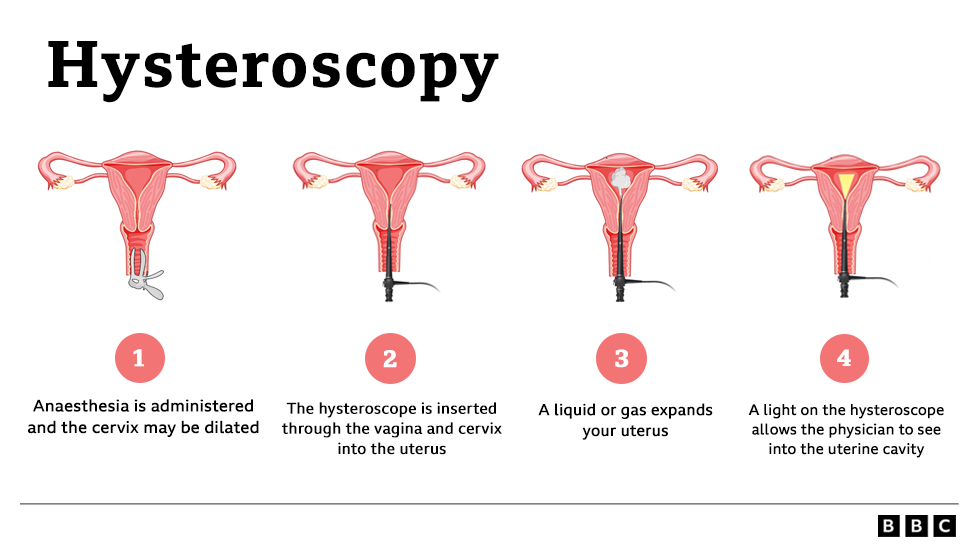
What is a hysteroscopy?
A hysteroscopy is a procedure to examine the inside of the uterus by passing a thin telescope-like device through the cervix.
According to the Royal College of Obstetricians and Gynaecologists, one third of those undergoing a hysteroscopy report pain levels of seven or above out of 10.
Patients should be offered local or general anaesthesia for the procedure, it says.
And their medical history should be taken into account, including trauma or difficulty with smear tests.

Ms Dickens, a PhD student, said her medical notes and past childhood sexual abuse were not considered and she was not offered a local anaesthetic prior to the procedure in October 2022.
Due to underlying health conditions, including fibromyalgia, external and Ehlers-Danlos Syndromes, external (EDS), she was reluctant to have a general anaesthetic as it would have left her "poorly for weeks" so she had the hysteroscopy on painkillers only.
"Everybody's bustling, so it's really difficult to advocate for yourself," said Ms Dickens.
When the procedure began, she said she felt extreme pain, adding: "I was very aware that I was a black woman who felt like she was being experimented on with no anaesthetic.
"They took out my coil and then they started on the biopsies and good God, that felt like being flayed alive. It was awful.
"It was like having my insides scraped out and blown up all at the same time.
"The way it's framed is like, if you don't get through it, you're a failure."
Ms Dickens alleged that after the procedure ended she received racist comments from a nurse who told her that "your sort" usually "tolerate pain" well.
"I got back out there in my wheelchair and I said to Phil, my husband who was waiting 'I just want to get out of here'. I was absolutely distraught," she said.
Cwm Taf Morgannwg University Health Board said: "We are deeply concerned to hear about Dee's experience and encourage her to get in touch with our concerns team so that we can investigate the care she received in more detail."

Hysteroscopy pain relief options
National Institute for Clinical Excellence (NICE) guidelines say clinicians must explain "what the procedure involves and discuss possible alternatives".
"If a woman declines outpatient hysteroscopy, [clinicians must] offer hysteroscopy under general or regional anaesthesia," they added.
The British Society for Gynaecological Endoscopy (BSGE) said back in 2018 patients must be offered general or local anaesthetic, and that the procedure is stopped if too painful.
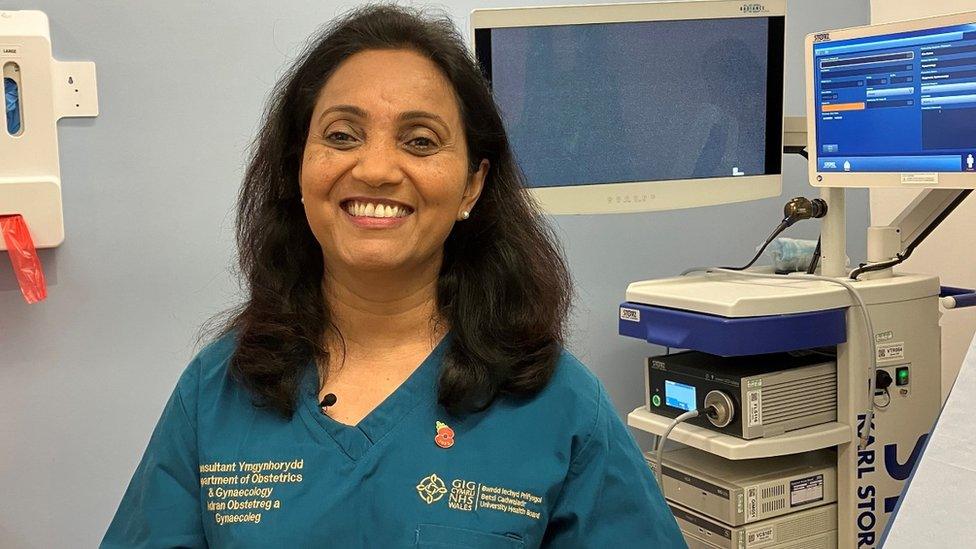
Hysteroscopy guidelines have been revised to better support patients, says consultant Geeta Kumar.
What do the health experts say?
Consultant Geeta Kumar, vice president for clinical quality at the Royal College of Obstetricians and Gynaecologists (RCOG), said while she has not had issues among patients, negative accounts made her "feel really distressed".
Ms Kumar, who is also the clinical lead for women's services at Betsi Cadwaladr University Health Board, said the RCOG updated its hysteroscopy guidelines in February 2023 so all women are offered a range of painkilling options and alternative treatments., external
Ms Kumar said: "It is the duty of the healthcare professional to re-discuss all the options, make sure that the woman understands what the procedure entails and feels empowered enough to tell us when the procedure should be stopped."
'No-one should suffer'
The Campaign Against Painful Hysteroscopy has collected more than 5,000 negative hysteroscopy experiences in the UK.
Researcher Katharine Tylko said: "Unfortunately, many women are still being told that this is just basically like a smear test, and it's not.
"Nobody should be having to be brave, having to scream, having to throw up, having to be humiliated if they can't cope.
"We have found hospitals that say quite bluntly, 'unfortunately, we don't have the capacity to offer women general anaesthetic'.
"There is a great chasm between the fine words of the lovely people at RCOG and what's happening in an outpatient clinic when there's hundreds of people and a backlog to get through."
Welsh government and women's health
The Welsh government said its Quality Statement for women and girls' health, external sets out what health boards are expected to deliver and that healthcare professionals should take account of NICE guidelines.
It also said it has "tasked NHS Wales to develop a comprehensive 10-year women's health plan".
And "this will act as the vehicle for transforming the care received by the women of Wales".

STEELTOWN MURDERS: Three murders - unsolved but never forgotten
UNMISSABLE DRAMA: When the Wolf is at the door, be very afraid

- Published23 September 2023
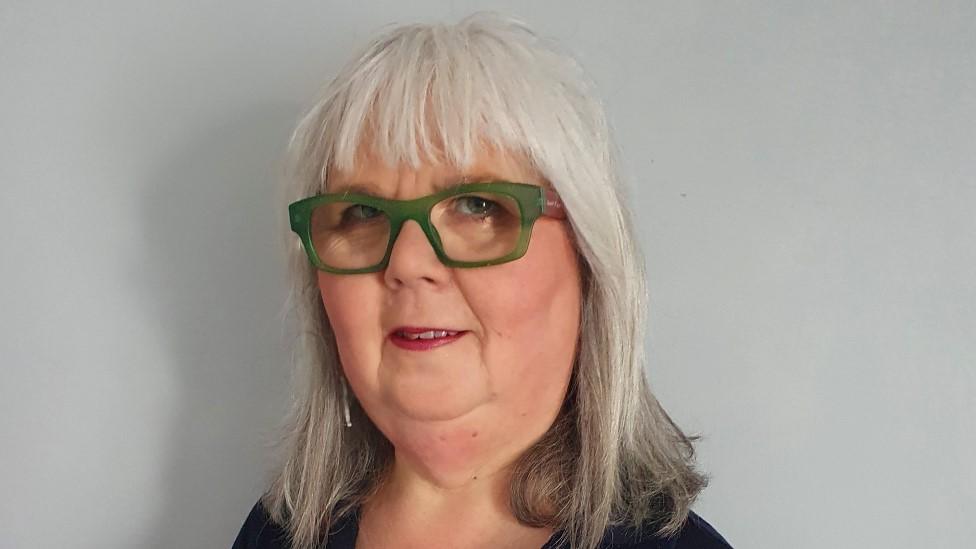
- Published28 September 2022
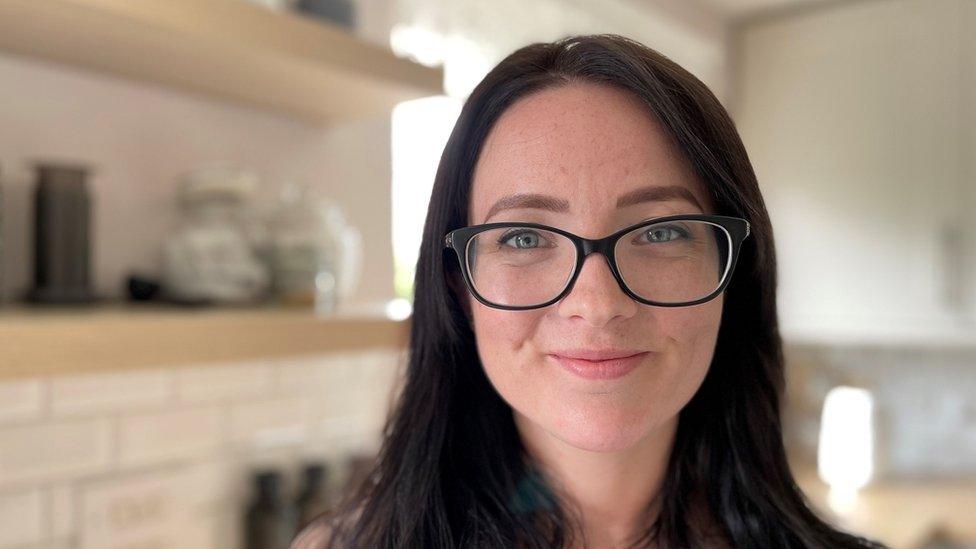
- Published14 March 2018
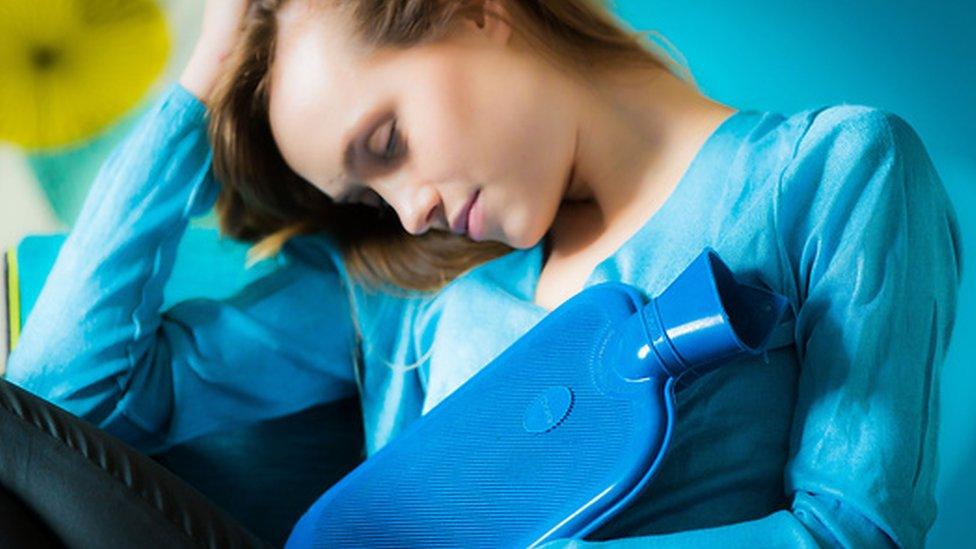
- Published6 September 2017
